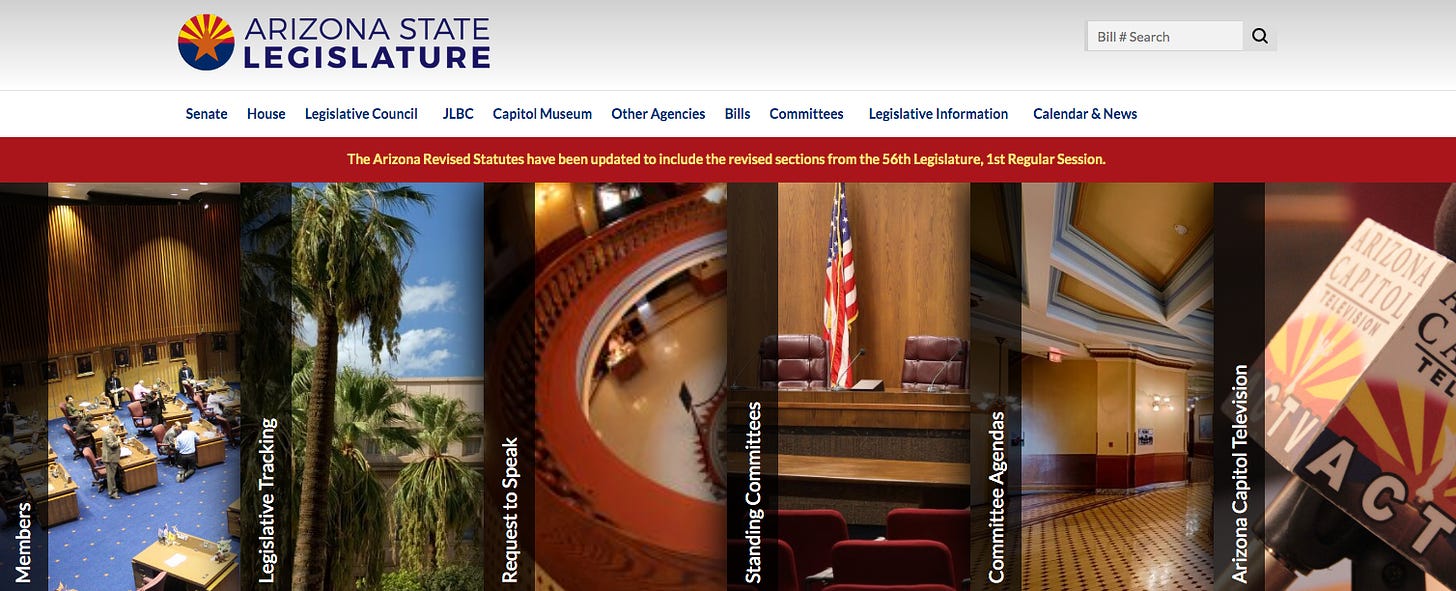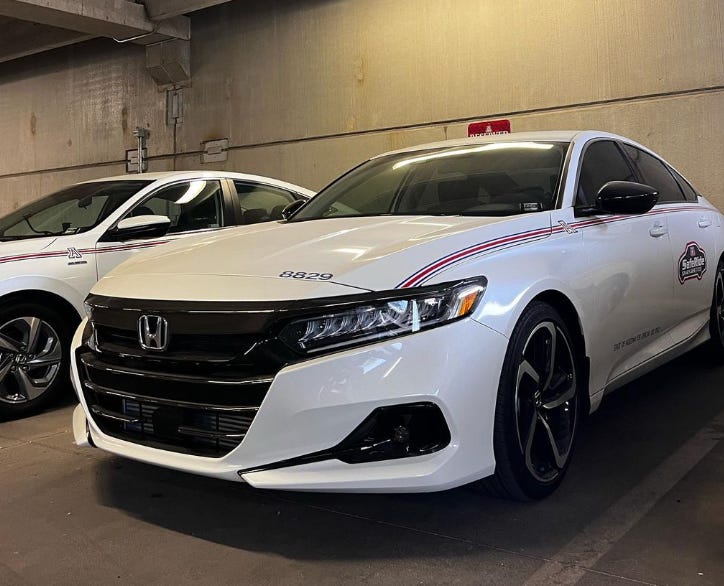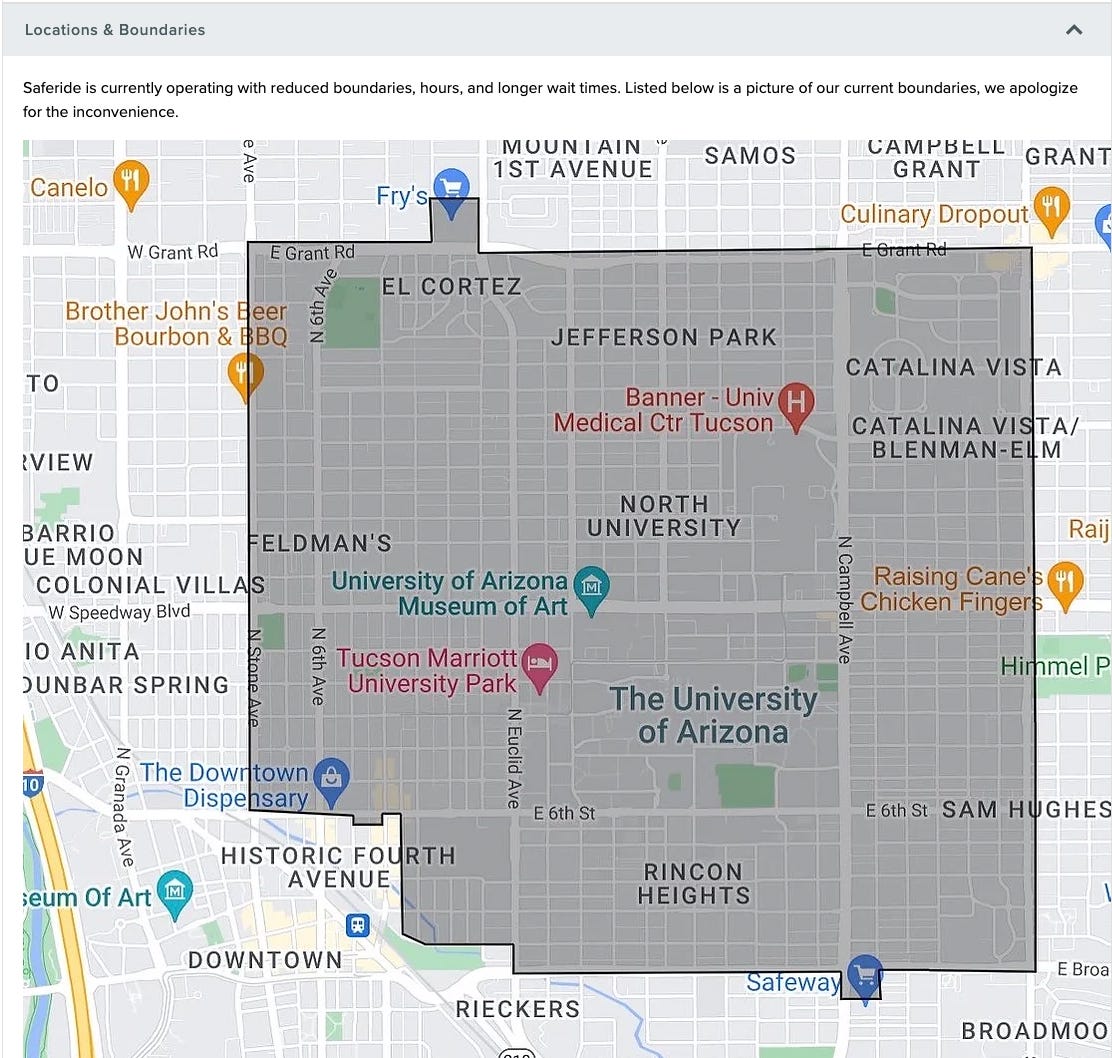The Student Agenda: UA students hard-pressed for safe rides
A series of crimes on and near the UA campus led to a spike in SafeRide's services ... But with budget cuts hitting the program, can it keep up with the need? ... Border legislation widens.
Caitlin’s reporting public affairs class at the University of Arizona School of Journalism just wrapped for the semester and for their final project, students were tasked with highlighting a local solution. This class turned out some great stories, and we’ll be sharing a handful of them over the next few weeks.
Up first, a piece by our former social and multimedia intern Desarae Tucker.
After several high-profile incidents on and around campus, demand spiked for the services of a University of Arizona peer safety program last school year.
The UA’s SafeRide program started as a peer escort service more than 40 years ago with the goal of making members of the campus community feel a little safer at night.
It’s similar to Uber and Lyft, but is only available to UA students and faculty.
This last year, it has become a big player in the campus safety game, after several incidents involving attempted abductions, gropings and on- and off-campus shootings.
In December, three students reported separate abduction attempts near campus, with police saying at the time they believed the same person was responsible for all three.
The following month, a woman not affiliated with the UA was sexually assaulted while walking near campus, in the area of Adams Street and Fremont Avenue.
And just last month, a woman was fondled by a fake ride-share driver after being picked up from Main Gate Square. No arrests have been made in any of the cases.
The University of Arizona Police Department staffed up after each incident, adding extra patrol cars to the affected areas.
“We implemented extra patrols in those areas, just making sure that, you know, people are seeing us out and about,” said Public Information Officer Marvin Smith. “We're constantly out 24/7, 365. But at that time, we did implement those extra patrols in those areas.”
As a result of the incidents, students started to feel unsafe walking alone on and near campus, and increasingly looked to SafeRide for help. Since last semester, SafeRide has seen a surge in activity, with Administrative Director Racheal Odell saying the program’s average rides per night keep going up.
They used to average anywhere from 75 to 100 rides per night, but now they see upwards of 300.
“During COVID we were super slow, limited hours, not a lot of people on campus in the first place,” said SafeRide Operations Director Ben Frieden. “So just seeing the growth over the years has been super impressive and I’m glad people are using the resource.”
While service used to be limited to campus and the immediate area, SafeRide recently expanded its routes to a handful of popular off-campus areas, including the Cottages at Tucson student housing, El Con Mall and College Town Apartments.
It also extended operating hours, now offering rides from 6 p.m. to 12:30 a.m., Monday through Thursday and from 6:30 to 10 p.m. on Fridays.
Students and staffers can request rides through the TripShot app, which partners with universities across the country to offer free ride-share services. SafeRide used to be accessible through another app, but the program had issues, including problems with drivers, limited routes and low rider satisfaction. Since partnering with TripShot, the problems have dropped off, organizers say.
Students appreciate the service, especially in the aftermath of high-profile campus incidents like the fatal shooting of hydrology professor Dr. Thomas Meixner.
“It has made me feel really safe because if you’ve seen (the campus) around post-sunset, it’s really dark over here and all of us are really scared to go out because of the recent things that are going on (around) campus,” said one student, who declined to give his name, citing safety reasons. “So, we really feel safe to take SafeRide from Point A to Point B.”
Odell said the goal is to keep expanding the program unless funding from the university continues to decrease.
“Where we're at right now, it's definitely not a long-term, stable thing,” Odell said.. “Hopefully we can keep SafeRide around at least next year, but funding is looking really bad. We lost a vehicle recently this year and we haven't been able to get a new one.”
The program now operates with just nine vehicles, since SafeRide was also impacted by the UA’s financial crisis.
Staffing has also taken a hit. After Frieden graduated last week, Odell took on all of his current tasks, saying the program can’t afford to hire a replacement. Instead, Odell will be doing the work of two people without an increase in pay.
And those recently extended hours? Those are also about to be cut back.
Luckily, the UA’s Parking and Transportation Services has its own ride-share service, operated by Lyft, that gives students and faculty up to six free rides a month. After that, they’ll have to pay out of pocket for additional rides through the Night Cat service, which also has longer hours of operation.
But for students who rely on regular transportation, six trips might not be enough. That’s why Odell hopes to see SafeRide’s funding restored and the program continue to grow and serve the campus community’s needs.
We’re always glad to see the next generation of reporters step up, like Desarae did with her story today. Consider upgrading to a paid subscription so we can keep offering them a place to showcase their work.
Anonymous claims: An anonymous email that is critical of Superintendent Gabriel Trujillo is making the rounds in the Tucson Unified School District. It says Trujillo doesn’t live in the district and uses “racially-biased” hiring practices, among other claims, the Arizona Daily Star’s Jessica Votipka reports. For his part, Trujillo says the claims in the email are inaccurate and the email was sent in reaction to the recent reallocation of desegregation funding.
Widening measure: State GOP lawmakers are going after Dreamers as they amend their border ballot measure, KJZZ’s Wayne Schutsky reports. Dreamers generally are people who came to the United States as children and have a tentative legal status under a federal program known as Deferred Action for Childhood Arrivals. The ballot measure would make it a state law (right now it’s a federal law) to cross the border illegally. If the federal government ended the DACA program, the amended version of the measure says Dreamers could not use their status in the program as a legal defense if they were arrested under the proposed state law.

Slowing down: Housing prices in Tucson leveled off, while they keep climbing elsewhere, the Star’s Gabriela Rico reports. Locally, people are buying houses with smaller lots and fewer amenities, while taking advantage of homebuilder financing programs. While prices are holding steady, the number of permits for new homes is up more than 100%.
Making it permanent: The South Tucson City Council is considering appointing Veronica Moreno to be city manager, KGUN’s Reyna Preciado reports. Right now, Moreno is the interim city manager, a position the council has appointed her to four times already. At the call-to-the-public at a recent council meeting, local business owner Diane Sears said the city needs somebody to be held accountable for city business and Mayor Paul Diaz decided to put it on an upcoming agenda.
Tear gas and batons: Police used tear gas during a pro-Palestinian protest at the University of Arizona on Thursday night, Arizona Public Media’s Katya Mendoza reports. Police officers wearing helmets and gas masks while wielding batons and shields broke up an encampment of pro-Palestinian protesters on the edge of the University of Arizona campus around midnight. Police warned the protesters to leave before the 10:30 p.m. curfew. UA President Robert C. Robbins said in a statement that the school had a “zero-tolerance approach” and cited police vehicles being spiked and rocks and water bottles thrown at police officers and university staff. Police arrested two people.
Close-up view: Cronkite News’ Lillie Boudreaux takes a deep dive into the challenges of supporting asylum seekers in Tucson and the rest of Southern Arizona. She breaks down the recent history of local policy, the ins-and-outs of the funding problem, and shares a lot of photos from inside the shelters where asylum seekers spend their time in Tucson.
19: The number of sexual assaults reported to University of Arizona police in 2022, according to the most recent Security and Fire Safety Report. This is a slight increase over the 18 sexual assaults reported in 2020 and 2021.










Seems to me an anonymous letter about Superintendent Trujillo should not be publicized until someone finds out who actually wrote it. It could be a crank seeking to discredit TUSD or just about anything else. If the letter writer cannot admit who they are, we should not give credence to their claims. Also, I think I convinced two more people to subscribe to the Tucson Agenda today!